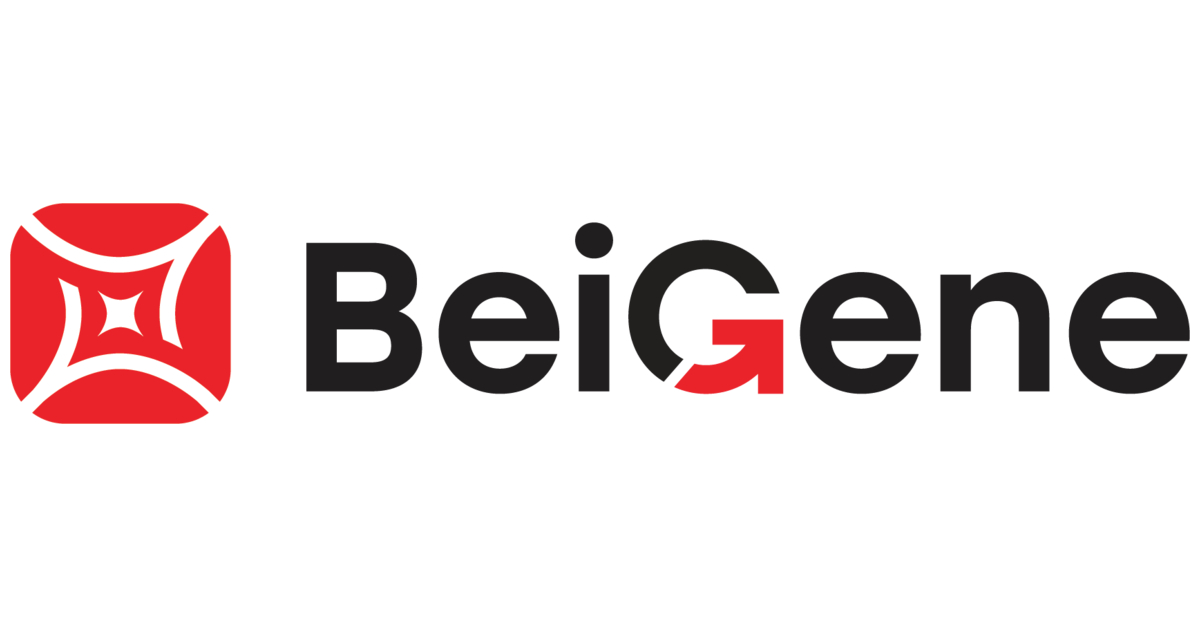17th ICML – Lugano – Studio ROSEWOOD di Zanubrutinib in combinazione con Obinutuzumab

Highlights ” 17th International Conference on Malignant Lymphoma ” – ICML – Studio ROSEWOOD di Zanubrutinib ( Brukinsa ) in combinazione con Obinutuzumab
I dati presentati all’ICML hanno fornito ulteriori prove a sostegno di Zanubrutinib ( Brukinsa ). In particolare, un’analisi aggiornata con un follow-up mediano di 20,2 mesi ha rafforzato i risultati precedenti dello studio di fase 2 ROSEWOOD di Zanubrutinib in combinazione con Obinutuzumab.
In un’analisi aggiornata dello studio di fase 2 ROSEWOOD, Zanubrutinib in combinazione con Obinutuzumab ha dimostrato un’attività clinicamente significativa ed è risultato generalmente ben tollerato nei pazienti con linfoma follicolare ( FL ) fortemente pretrattato, recidivato o refrattario.
Zanubrutinib in combinazione con Obinutuzumab ha mostrato un tasso di risposta globale del 69,0% contro il 45,8% nel braccio Obinutuzumab ( p = 0,0012 ) e un follow-up mediano di 20,2 mesi.
Il tasso di risposta completa per Zanubrutinib in combinazione con Obinutuzumab è stato del 39,3% rispetto al 19,4% per Obinutuzumab da solo.
Gli eventi avversi non-ematologici di qualsiasi grado emersi dal trattamento che si sono verificati più frequentemente ( differenza superiore al 5% ) nel gruppo di combinazione sono stati petecchie ( 6,3% vs. 0% ) e infezione da herpes zoster ( 6,3% vs. 0% ); al contrario, la piressia ( 13,3% vs. 19,7% ) e la reazione correlata all’infusione ( 2,8% vs. 9,9%) si sono verificate più frequentemente nei pazienti trattati con Obinutuzumab da solo.
Zanubrutinib è un piccolo inibitore molecolare della tirosina chinasi di Bruton ( BTK ) scoperto dai ricercatori di BeiGene.
Beigene ha annunciato che l’EMA ha accettato la richiesta di Brukinsa in combinazione con Obinutuzumab come trattamento per i pazienti con linfoma follicolare recidivante o refrattario che hanno ricevuto almeno due precedenti linee di terapia
ENGLISH VERSION
Highlights ” 17th International Conference on Malignant Lymphoma ” – ICML – ROSEWOOD trial of Zanubrutinib in combination with Obinutuzumab.
The data presented at ICML have provided further evidence supporting Zanubrutinib ( Brukinsa ). Notably, an updated analysis with a median follow-up of 20.2 months, reinforced previous results from the phase 2 ROSEWOOD trial of Zanubrutinib in combination with Obinutuzumab.
In an updated analysis from the phase 2 ROSEWOOD trial Zanubrutinib in combination with Obinutuzumab has demonstrated clinically meaningful activity and was generally well-tolerated in patients with heavily pretreated relapsed or refractory ( R/R ) follicular lymphoma ( FL ).
Zanubrutinib in combination with Obinutuzumab has shown an overall response rate of 69.0% versus 45.8% in the Obinutuzumab arm ( p = 0.0012 ) and median follow-up of 20.2 months.
The complete response rate for Zanubrutinib in combination with Obinutuzumab was 39.3% compared to 19.4% for Obinutuzumab alone.
Non-hematologic treatment-emergent adverse events of any grade that occurred more frequently ( more than 5% difference ) in the combination group were petechiae ( 6.3% vs. 0% ) and herpes zoster infection ( 6.3% vs. 0% ); in contrast, pyrexia ( 13.3% vs. 19.7% ) and infusion-related reaction ( 2.8% vs. 9.9% ) occurred more frequently in patients receiving Obinutuzumab alone.
Zanubrutinib is a small molecule inhibitor of Bruton’s tyrosine kinase ( BTK ) discovered by BeiGene researchers.
Beigene has announced EMA acceptance of the filing for Brukinsa in combination with Obinutuzumab as a treatment for patients with relapsed or refractory follicular lymphoma who received at least two prior lines of therapy.
Xagena Ematologia
AnemiaOnline.net | Ematologia.it | Ematologia.net | LeucemiaOnline.net | LinfomaOnline.net | Mieloma.net | TrombosiOnline.net |

